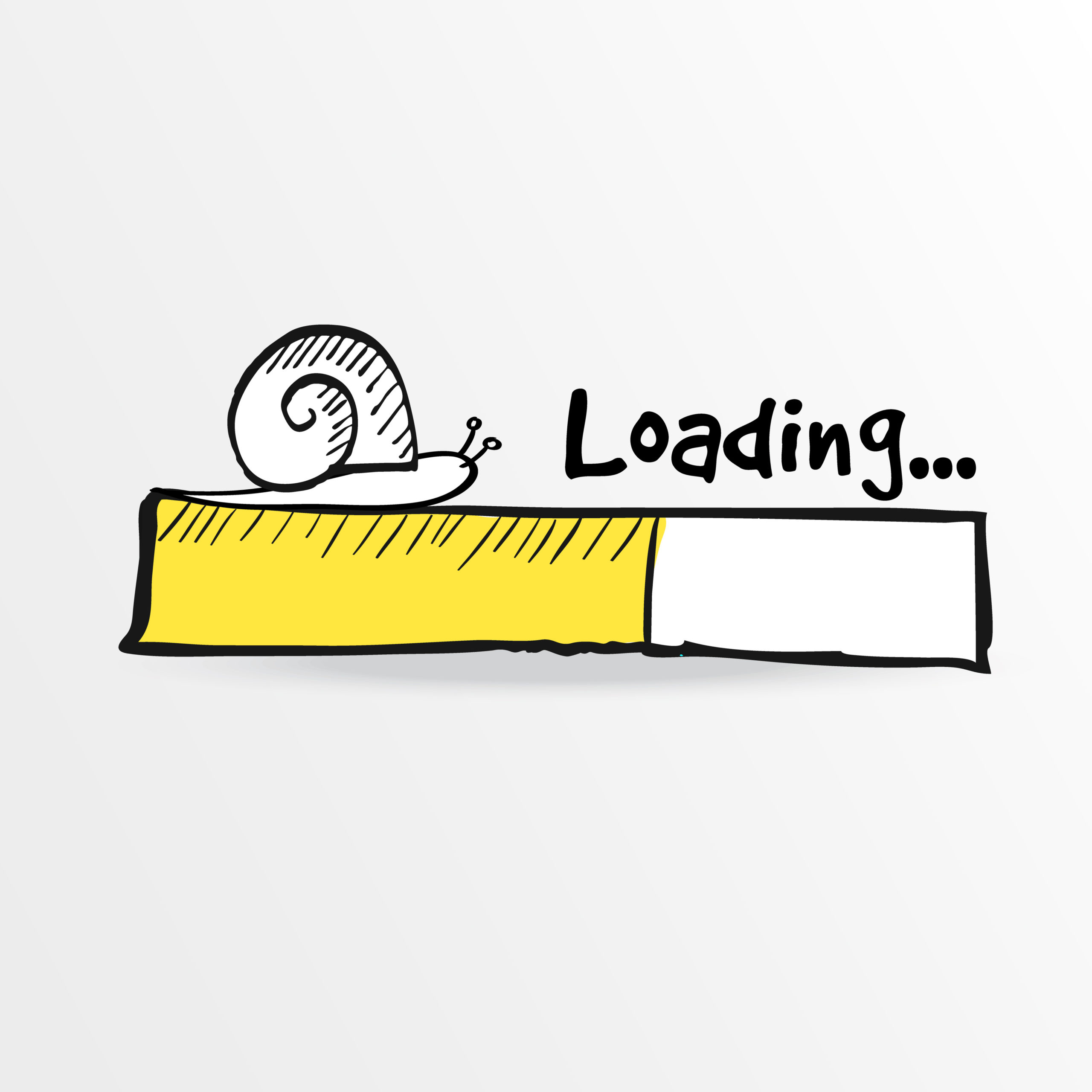Did you know a slow website could be costing your business tens of thousands of dollars per year? It’s true. If your website is loading slowly, you are losing out on customers and revenue. Every time a visitor comes to your site and the website loads slowly you are bleeding money. Visitors come to your site, see it load slowly and leave for a competitor. You might think to yourself “It’s only a few seconds, it can’t make that much of a difference!”. Online data has proven that a one-second delay on a page load can lead to a loss of 7% of conversions. If you’re a business doing roughly $10,000 in sales per day from your website, a one-second delay could cost you roughly $250,000 in lost sales every year! A slow website is not only costing you customers and revenue, but also search engine ranking. Google has stated that site speed is a factor in their ranking algorithm. This means that if your site is slow, you’re not only losing out on customers and revenue, but also search engine ranking. A slow website is a money pit, costing you customers, revenue and search engine ranking. Don’t let a slow website cost you any more money!
Conversions are the number of visitors to your website who take action and become paying customers or another execute another valuable action. A slow website can negatively impact conversions in a few different ways. First, it creates a poor user experience. If a website is slow, potential customers are likely to get frustrated and give up before they even reach the checkout page. Second, a slow website can hurt your search engine ranking. Google and other search engines penalize slow websites due to low user content satisfaction, which means you’ll be less likely to show up in search results. Fewer visitors in general means even fewer conversions. Finally, a slow website can impact your bottom line directly. The compounding issues of users bouncing and low search rankings will hit conversions which translate to revenue.
Many companies have come to the same conclusion that a high page load time equals lower conversions. A study by Kissmetrics showed that a one-second delay in page load time can result in a seven percent loss in conversions. That may not seem like much, but for large companies with high traffic volume, it can mean millions of dollars in lost revenue.
Having a slow website seriously hurts branding as well. If a potential customer is on your website and it’s slow, they are associating that slowness with your brand. This can lead to customers avoiding your website altogether in the future. Some visitors may even claim your website is not working properly and leave negative reviews online.
It’s important to keep in mind that a slow website not only affects conversions but also has an impact on other areas of your business. A slow website can hurt employee productivity, as they have to wait for pages to load when they’re trying to do research or complete tasks. It can also damage your relationships with partners and customers, as during sales calls a slow website can lower the perceived value of your business when trying to close a deal.
Improving your page speed is a competitive advantage that many businesses keep in their back pocket. Improving your page load speed will increase conversions across your entire funnel and compound into more leads and sales. When looking for what is an easy lever to pull for increasing the bottom line, improving page speed should always be a priority.
In conclusion, a slow website has many negative impacts on conversions, including creating a poor user experience, hurting your search engine ranking, and directly impacting your bottom line. If you want to improve conversions in a broad manner, focus on improving your page speed.
Are you ready to drastically improve your overall digital marketing strategy and boost your business’s leads and conversions? Partner with us, a team of marketing experts that pride themselves on transparency at all stages of your marketing campaign. Click here to contact us now.

